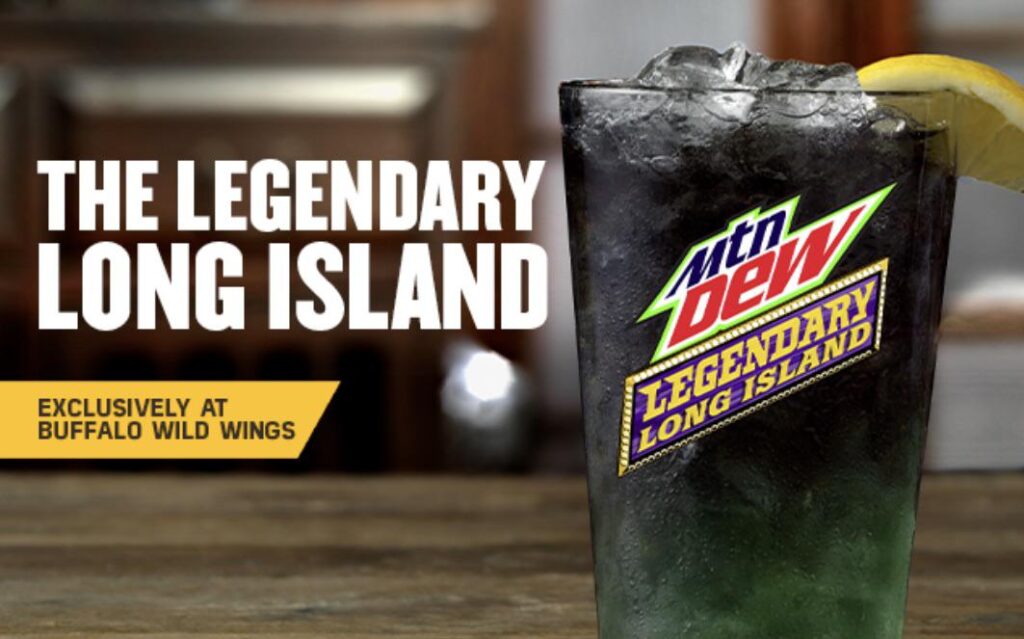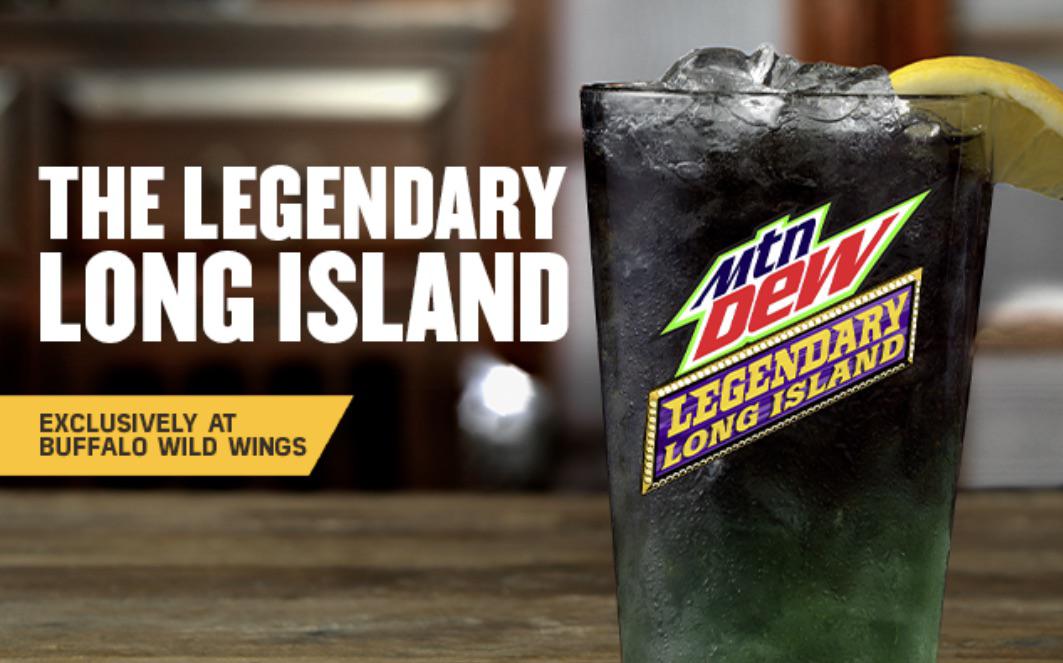
Unveiling the Legend of Mountain Dew: From Appalachian Moonshine to Global Phenomenon
Mountain Dew, a beverage instantly recognizable by its vibrant green hue and citrus-infused flavor, boasts a history as rich and surprising as its taste. More than just a soda, Mountain Dew has evolved into a cultural icon, synonymous with extreme sports, gaming, and a youthful, adventurous spirit. But its origins are far removed from the adrenaline-pumping world it now inhabits. This article delves into the fascinating legend of Mountain Dew, tracing its journey from a humble Appalachian mixer to a global beverage powerhouse.
The Appalachian Roots: A Moonshine Mixer is Born
The story of Mountain Dew begins in the backwoods of Tennessee in the 1930s. Brothers Barney and Ally Hartman, bottlers of Pepsi-Cola in Knoxville, were frustrated by their inability to find a soft drink that adequately mixed with their favorite spirit: whiskey. Scotch and soda was the usual go-to, but in the American South, whiskey reigned supreme. They needed something with a strong citrus kick to cut through the whiskey’s sharpness and enhance its flavor. Necessity, as they say, is the mother of invention, and thus, Mountain Dew was conceived.
The name itself, Mountain Dew, was a slang term for moonshine, a nod to its intended purpose. The initial recipe was a blend of citrus flavors, designed to complement the taste of homemade whiskey. Early labels featured a whimsical, hillbilly caricature, further emphasizing the drink’s Appalachian roots and its association with moonshine culture. This branding was playful and irreverent, a far cry from the sleek, modern image that Mountain Dew projects today.
From Local Bottling to National Sensation
For several years, Mountain Dew remained a regional favorite, primarily enjoyed in the Southern United States. The Hartman brothers focused on refining the recipe and expanding distribution within their local area. They understood the importance of word-of-mouth marketing and cultivated a loyal following among their customers. However, their ambitions extended beyond the confines of Tennessee.
In 1964, the Hartman brothers sold the Mountain Dew brand to the Pepsi-Cola Company. This acquisition marked a turning point in the drink’s history. PepsiCo, with its vast resources and national distribution network, had the power to transform Mountain Dew from a regional curiosity into a national phenomenon. The company recognized the beverage’s potential and embarked on a strategic marketing campaign to broaden its appeal.
The PepsiCo Era: A Shift in Identity
Under PepsiCo’s ownership, Mountain Dew underwent a significant rebranding. The hillbilly caricature was gradually phased out, replaced by a more contemporary and youthful image. The focus shifted from its moonshine association to its refreshing citrus flavor and its appeal to active, adventurous consumers. This strategic repositioning proved to be highly successful.
PepsiCo invested heavily in advertising and marketing, targeting young adults and aligning Mountain Dew with extreme sports like skateboarding, snowboarding, and motocross. The brand became a sponsor of numerous sporting events and athletes, further solidifying its association with an active and adventurous lifestyle. This marketing strategy resonated with a generation seeking excitement and individuality.
The 1980s and 1990s saw Mountain Dew‘s popularity soar. The introduction of new flavors, such as Diet Mountain Dew, further expanded its reach and appeal. The brand became a staple in convenience stores, vending machines, and grocery stores across the country. Mountain Dew had successfully transitioned from a regional mixer to a national beverage icon.
The Rise of Gaming and the Dew Community
In the late 1990s and early 2000s, Mountain Dew forged a strong connection with the burgeoning gaming community. Recognizing the shared values of youth, energy, and innovation, PepsiCo began sponsoring gaming tournaments and partnering with video game developers. This strategic alliance proved to be a stroke of genius.
Mountain Dew became the unofficial drink of gamers, synonymous with late-night gaming sessions and intense competition. The brand’s association with gaming further solidified its image as a beverage for those who embrace technology and push boundaries. The “Dew Community” emerged, a loyal and passionate fanbase that actively engages with the brand online and offline.
This partnership extended beyond mere sponsorship. Mountain Dew often featured limited-edition flavors and packaging designs inspired by popular video games, creating a sense of exclusivity and excitement among gamers. This symbiotic relationship has proven to be mutually beneficial, with both Mountain Dew and the gaming industry experiencing significant growth.
Innovation and Expansion: Beyond the Original
Mountain Dew‘s success is not solely attributable to its marketing prowess. The brand has consistently innovated, introducing new flavors and product variations to cater to evolving consumer tastes. From Code Red (cherry) to Baja Blast (tropical lime), Mountain Dew has expanded its flavor portfolio to encompass a wide range of tastes and preferences.
Mountain Dew Kickstart, a line of energy drinks infused with fruit juice, represents a further evolution of the brand. This product caters to consumers seeking a more functional beverage that provides both energy and hydration. Mountain Dew Game Fuel, specifically designed for gamers, contains added caffeine and nutrients to enhance focus and performance.
The brand has also ventured into other product categories, including snacks and apparel, further extending its reach and influence. Mountain Dew has successfully transformed itself from a single beverage into a lifestyle brand that resonates with a diverse audience.
The Enduring Appeal of Mountain Dew
What accounts for the enduring appeal of Mountain Dew? Several factors contribute to its success. First, its unique citrus flavor sets it apart from other soft drinks. Second, its association with extreme sports and gaming gives it a cool and edgy image. Third, its consistent innovation keeps it relevant and exciting to consumers. Finally, its strong brand loyalty, fostered by the Dew Community, ensures its continued popularity.
Mountain Dew is more than just a soda; it’s a symbol of youth, energy, and adventure. It’s a beverage that has evolved over time, adapting to changing consumer tastes and cultural trends. From its humble beginnings as an Appalachian moonshine mixer to its current status as a global beverage icon, Mountain Dew‘s story is a testament to the power of innovation, marketing, and brand building.
The Future of the Dew: What’s Next?
As Mountain Dew continues to evolve, it faces new challenges and opportunities. The growing awareness of health and wellness is prompting consumers to seek out healthier beverage options. Mountain Dew is responding to this trend by offering lower-sugar and zero-calorie alternatives.
The rise of e-commerce and social media is also transforming the beverage industry. Mountain Dew is leveraging these platforms to connect with consumers in new and engaging ways. The brand is actively involved in online communities, sponsoring esports tournaments, and creating interactive content.
The future of Mountain Dew is uncertain, but one thing is clear: the brand will continue to innovate and adapt to stay relevant in a rapidly changing world. Whether it’s through new flavors, healthier options, or innovative marketing campaigns, Mountain Dew is committed to maintaining its position as a leading beverage brand. The legend of Mountain Dew is far from over; it’s a story that continues to unfold.
[See also: PepsiCo’s Beverage Portfolio: A Comprehensive Overview]
[See also: The History of Soft Drinks: From Medicinal Tonics to Global Brands]
[See also: The Impact of Marketing on Consumer Behavior: A Case Study of Mountain Dew]

